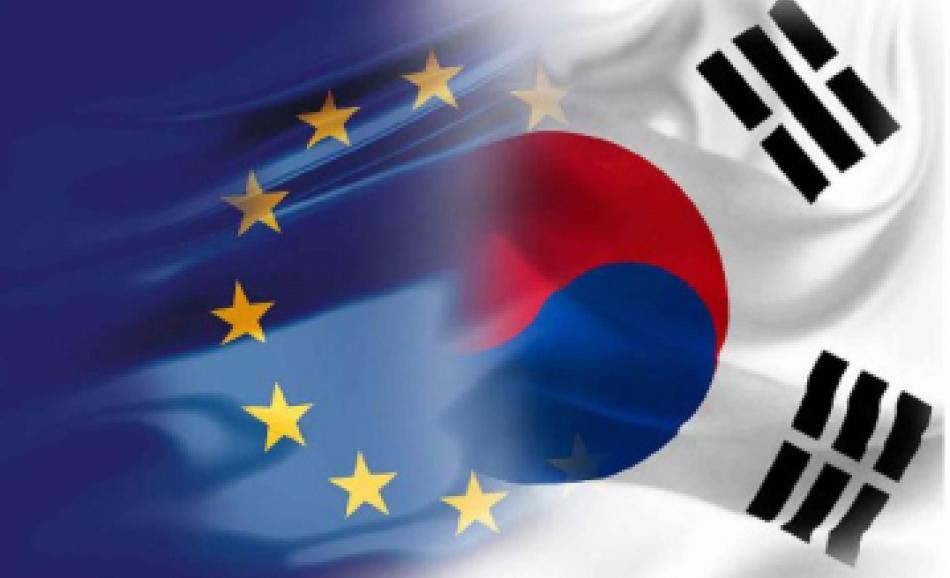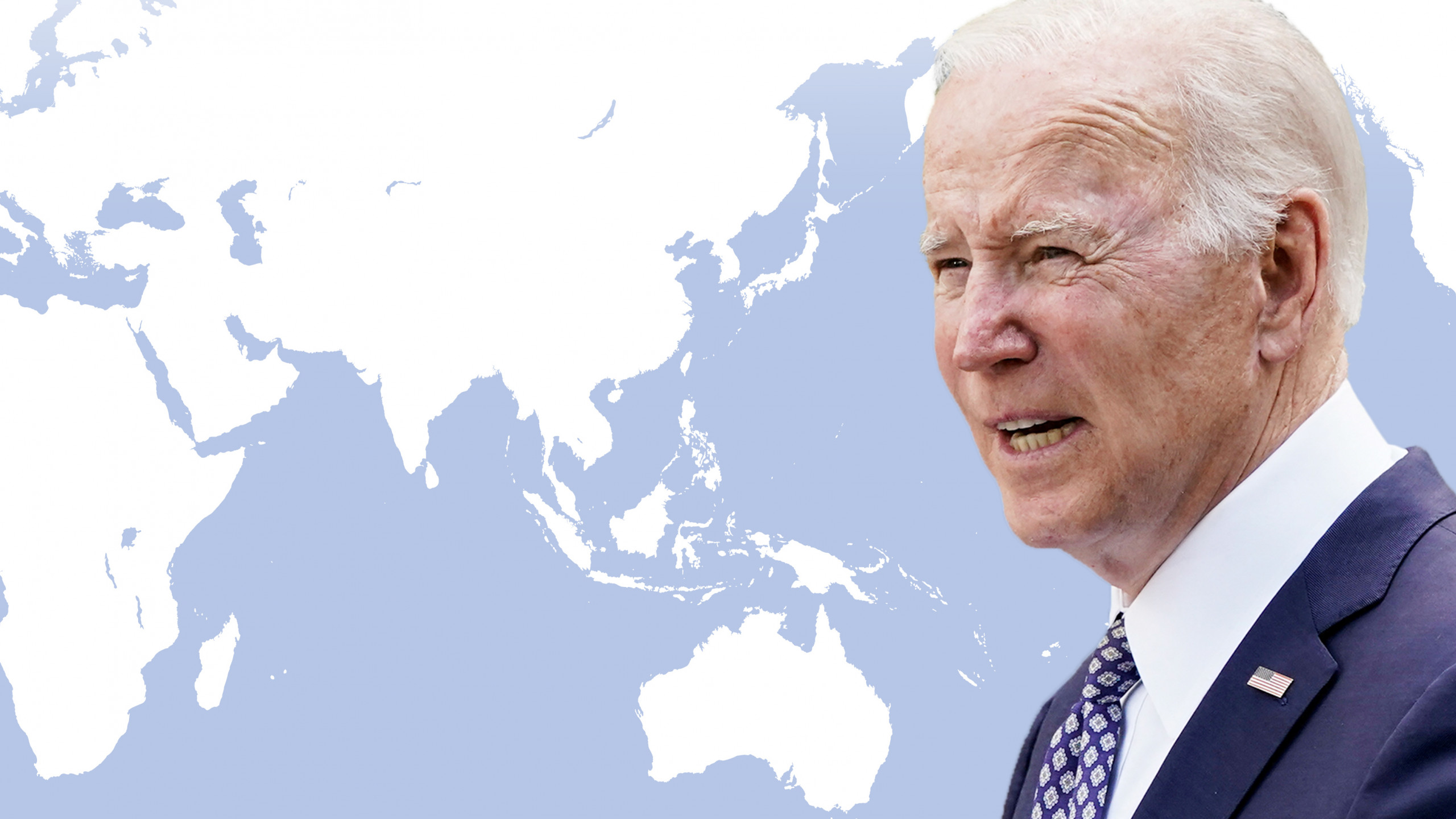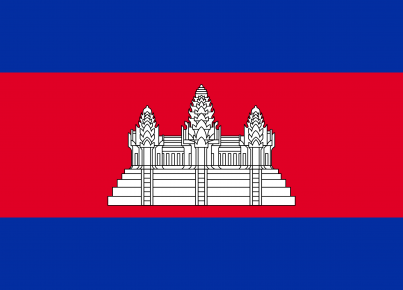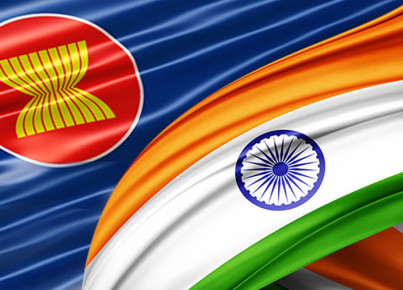Korea is one of the EU's strategic partners. Intensive trade has paved the way for strong regulatory and political cooperation. Examining this relationship provides an insight into the direction in which Brussels' ties with its other Asian partners might evolve in the future.
The history Korea-Europe relations is very recent. Unlike China and Japan, which have always been more familiar to Europeans, Korea was less known (and accessible) for centuries, precisely due to the influence of the former two countries on the latter. Untile the 17th century, European scholars spoke of Korea almost exclusively in works devoted to China: the first significant account of Korea is perhaps contained in the Novus Atlas Sinensis (1655) by the Italian Jesuit Martino Martini. The first European to visit the country was Hendrick Hamel from the Netherlands: his written recollection of the 13 years he spent between the island of Jeju and Seoul (1653-1666) was the first direct source on Korea available to European readers. Hamel is little known in his own country, but he is quite famous and honoured in Korea, with monuments and museum. In the last decades of the 19th century, Westerners began to call Korea a 'hermit kingdom' because of its few contacts with the outside world - an expression that has recently come back when referring to North Korea. Relations between Seoul and European countries began to develop with the end of World War II and the end of Japanese control. Many European countries supported South Korea in the War of 1950-1953. Yet perhaps the greatest impetus to this relationship came in the following decades, as a result of intense trade between Europe and the emerging Asian tiger.
Between the end of the Korean War and the early 2000s, the 'Miracle on the Han River' made Seoul one of the most competitive economies in the world. Its economic success has given the country an important role on the global stage, and not just in economic terms. The country hosted the Summer Olympics in 1988 and the Football World Cup in 2002. At the end of the 1990s, the "Korean wave" (Hallyu) began, i.e., the explosion of popularity of Korean media first in other Asian countries and then globally. All these forms of soft power, building on its commercial dynamism, have accompanied Korea's emergence as a global player. In May 2004, the then Korean Minister of Foreign Affairs and Trade Ban Ki-moon launched an ambitious policy of trade liberalisation through new agreements with the European Union, the United States and India. An indication of the country's international prestige is the election of Ban Ki-moon himself as Secretary-General of the United Nations (2007-2016). Of the trade agreements planned in 2004, the one with the EU was concluded first (2011). The agreement represents a milestone for both sides’ trade policy. For Seoul, it was its first trade treaty with an advanced economy to enter into force. For Brussels, it was the first 'second generation' Free Trade Agreement (FTA). This new generation of European FTAs differs from the previous one by including matters never covered in the past: trade in services, protection of intellectual property rights and the promotion of sustainable development through trade (Trade and Sustainable Development Chapters, TSD). The EU-Korea FTA has thus served as a model for trade agreements between Europe and other countries – in Asia as well: Japan (2019), Singapore (2019) and Vietnam (2020).
Korea's strong international position led the EU to identify Seoul as one of its ten 'strategic partners' on the global scene. Here again, trade relations have been the first impetus to deepen this cooperation. For Korea, the EU is currently the third-largest export market and the largest direct foreign investor. Looking at the period 2010-2018, the 2011 FTA had a significant impact on flows from the EU to Korea of goods (+77%), services (+82%) and investments (+39%). Automobiles make up a substantial share of exports from the EU to Korea, but also the other way around. The semiconductor sector - a strategic market dominated by Asian countries - is very important as well and characterised by a 'circular' exchange: Korea exports chips but imports the equipment to produce them from the EU. Synergy in this field is likely to become even more important in the future, as the US is encouraging its allies - including Europeans - to favour 'democratic' supply chains for strategic goods such as semiconductors. This doctrine could lead Brussels to buy more semiconductors in Korea, Japan and Taiwan – as Washington is planning to do – to the detriment of Chinese suppliers. On the other hand, the EU wants to become more autonomous from foreign chip imports, following the principle of 'digital sovereignty'. Another important sector of European exports to Korea is pharmaceuticals.
The FTA negotiations were linked to the revision of another agreement, the Framework Agreement, which sets out the political cooperation between the two partners. A further agreement, the Crisis Management Participation Agreement, was added to these two deals. Korea is the only partner to have three agreements in force with the EU, an indication of the importance Brussels attaches to this relationship. These agreements have allowed for increasing security cooperation, both regionally and globally. Regionally, during the Trump administration, Seoul began to rely more on Brussels to maintain stability on the Korean peninsula and prevent the proliferation of nuclear weapons. Globally, the Korean navy participates in the EU-led Operation Atalanta to counter piracy off the Horn of Africa. The EU-Korea partnership yields a further result: where economic cooperation intersects with political cooperation, regulatory cooperation becomes possible. The two partners manage to be global standard setters and, thanks to the robust institutional architecture of the cooperation agreements, are in constant contact to keep up the discipline of many economic sectors. First and foremost, the digital sector: last December, the European Commission gave the go-ahead with an adequacy decision to the free circulation of data between the EU and Korea. This form of ‘governance through transnational regulatory networks', of which the EU-Korea collaboration is one of the most advanced examples, could be an effective tool to govern the globalised economy, in the absence of a single global regulator.






